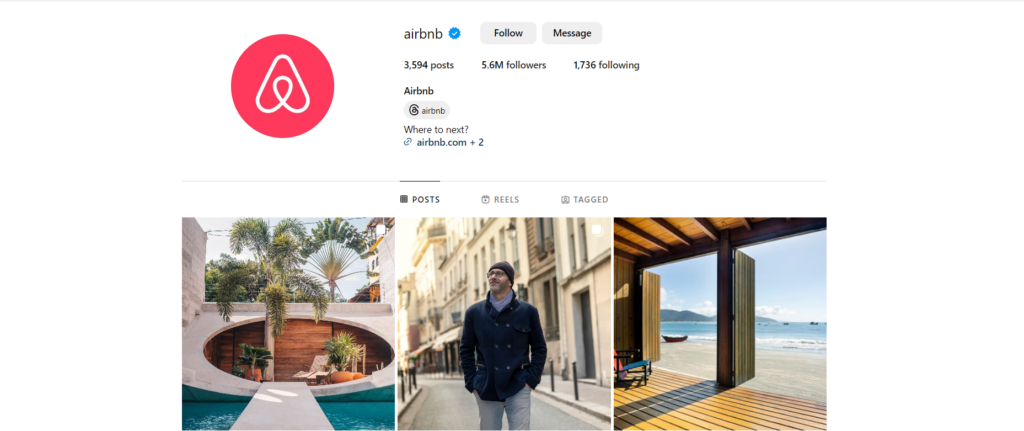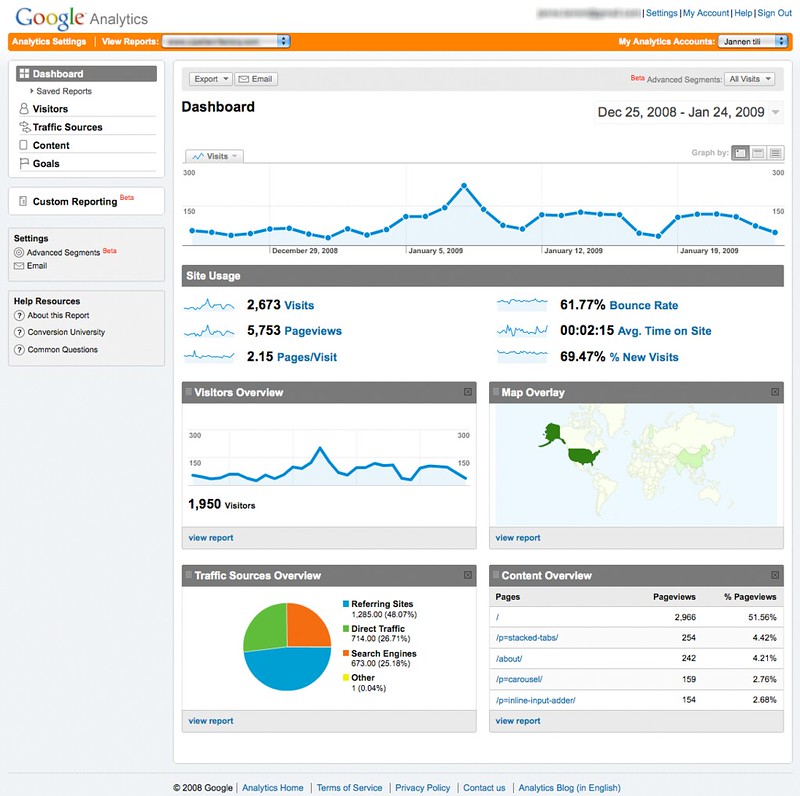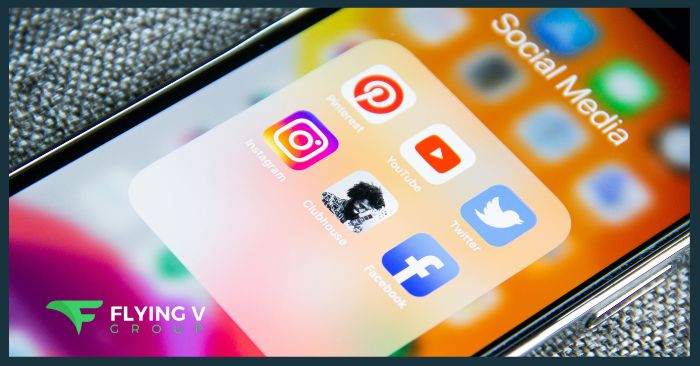In the world of online promotion, understanding the distinction between digital marketing vs social media marketing is crucial for crafting effective strategies. While both are essential components of a comprehensive online presence, they serve different purposes and require unique approaches.
This article aims to demystify the differences and explore how these two strategies can not only coexist but synergize to enhance your brand’s online visibility. By highlighting their distinct roles, objectives, and benefits, we’ll provide you with the insights needed to leverage both digital and social media marketing effectively, ensuring your brand achieves its fullest potential in the digital space.
Digital Marketing Vs Social Media Marketing: What, How and When
Before getting into the details of digital marketing vs social media marketing, let us understand what these are individually.
Digital Marketing
Digital marketing represents a holistic approach that encompasses a wide range of online marketing efforts aimed at reaching, engaging, and converting virtual audiences. It’s an umbrella term that integrates various strategies and tools to create cohesive and comprehensive campaigns that boost online visibility and drive business growth.
Key Components of Digital Marketing
- SEO (Search Engine Optimization): Enhancing website visibility in search engine results to attract organic traffic.
- PPC (Pay-Per-Click): Paid advertising that generates traffic through targeted ads, with costs incurred per click.
- Email Marketing: Direct communication with audiences through newsletters and promotional emails to nurture leads and customer relationships.
- Content Marketing: Creation and distribution of valuable, relevant content to attract and retain a clearly defined audience, ultimately driving profitable customer action.
By leveraging these diverse but interconnected strategies, digital marketing aims to create a multi-faceted online presence that engages audiences across different stages of the digital customer journey.
Social Media Marketing
Social media marketing is a dynamic and interactive branch of digital marketing that focuses on utilizing social platforms like Facebook, Instagram, Twitter, and LinkedIn to promote a brand, product, or service. Central to this strategy is the ability to directly engage with a diverse audience, building a community around the brand. It is part of the holistic ecosystem of digital marketing.

Core Aspects of Social Media Marketing
- Platform-Specific Strategies: Tailoring content and campaigns to fit the unique environment and audience of each platform.
- Facebook: Broad demographic appeal, suitable for community engagement and brand awareness.
- Instagram: Highly visual, ideal for brand storytelling and influencer collaborations.
- Twitter: Real-time communication, perfect for customer service and timely updates.
- LinkedIn: Professional networking, effective for B2B marketing and thought leadership.
- Community Building and Engagement: Encouraging interaction through comments, shares, and likes to foster a sense of belonging among followers.
- Brand Presence: Establishing a recognizable and consistent brand identity across various social channels.
Social media marketing excels in creating meaningful connections, enhancing brand visibility, and facilitating direct conversations with the audience, making it an essential tool for modern marketers aiming to humanize their brand and deepen customer relationships.
Key Differences between Digital Marketing and Social Media Marketing
Here’s a comparative table highlighting the key differences between Digital Marketing and Social Media Marketing:
| Aspect | Digital Marketing | Social Media Marketing |
| Scope and Channels | Encompasses a broad range of online marketing efforts across various platforms. | Focuses specifically on social media platforms. |
| Objectives and Metrics | Aims for a wide array of conversion metrics including leads, sales, and web traffic. | Often targets engagement metrics like shares, comments, and followers. |
| Content Strategy | Utilizes diverse content types (blogs, emails, ads) tailored to different stages of the customer journey. | Leverages platform-specific content (posts, stories) to engage audiences. |
| Audience Targeting | Employs comprehensive strategies to identify and segment audiences across multiple channels. | Focuses on building and engaging a community within specific platforms. |
Synergies and Integration
Social media marketing is not an isolated discipline; rather, it serves as a dynamic component within the broader digital marketing ecosystem. Its integration into overarching digital strategies can amplify reach, enhance engagement, and drive more nuanced conversions.
- Content Amplification: Content created for blogs or websites can be repurposed and promoted on social media platforms, extending its reach and encouraging traffic back to the original site.

- SEO and Social Signals: While social signals are not a direct ranking factor for SEO, the engagement and traffic generated from social media can indirectly improve search rankings through increased visibility.
- Email Marketing Enhancement: Social media campaigns can drive subscribers to email lists, while exclusive content from email campaigns can be teased on social media to create a feedback loop that enriches both channels.
Examples of Successful Integration
- GoPro: By using user-generated content from its social media channels in its email marketing campaigns, GoPro creates a sense of community and encourages more customers to share their experiences.
- Airbnb: Airbnb’s use of cross-channel storytelling, where they share unique listings and guest stories on social media, complements their broader content marketing and SEO strategies by driving interest and traffic to their platform.

Integrating social media marketing with other digital marketing efforts creates a more cohesive and powerful strategy, leveraging the strengths of each channel to achieve comprehensive marketing objectives.
Choosing the Right Strategy for Your Business
Choosing the right marketing strategy—be it digital marketing, social media marketing, or a blend of both—is pivotal for aligning with your business goals and resources. Here’s how to navigate this decision effectively:
Key Factors to Consider:
- Business Objectives: Align your strategy with specific goals—brand awareness might lean towards social media, while lead generation could benefit from broader digital tactics.
- Target Audience: Understand where your audience spends their time online to decide which channels will be most effective.
Budget Allocation and Resource Distribution:
- Start with a Plan: Outline clear objectives and allocate your budget based on the channels most likely to achieve these goals.
- Flexibility: Keep some budget flexible to adjust based on performance metrics and emerging trends.
Measuring ROI Across Strategies:
- Define Key Metrics: Establish what success looks like for each strategy, whether it’s engagement rates on social media or conversion rates from email marketing.
- Use Analytics Tools: Leverage tools to track performance across channels. Google Analytics, for instance, can track website traffic from social media.

Consider This:
- Test and Learn: Experiment with different strategies on a small scale before fully committing.
- Seek Expertise: Consider consulting with digital marketing experts to craft a strategy that’s tailored to your business needs and budget.
Deciding between digital and social media marketing—or integrating both—requires a strategic approach tailored to your business’s unique goals, audience, and resources.
Maximizing Your Online Impact
In the dynamic interplay of digital marketing vs social media marketing, the key to maximizing your online visibility lies in innovation and strategic integration. Embracing both avenues not only broadens your reach but also deepens your engagement with your audience, creating a powerful synergy that drives growth.
Flying V Group stands at the forefront of this integration, expertly navigating the complexities of both digital and social media marketing to craft bespoke strategies that propel your brand forward.
Trust Flying V Group to be your guide in this digital era, harnessing the full potential of your online presence to achieve unparalleled success. Let’s embark on this journey together and unlock the full spectrum of digital possibilities.
FAQs
Is social media marketing better than digital marketing?
Neither is inherently better; they serve different purposes. Social media marketing focuses on building community and engagement on platforms, while digital marketing encompasses a broader range of online marketing strategies, including social media.
Is digital marketing a part of social media marketing?
Social media marketing is a subset of digital marketing. Digital marketing covers all online marketing efforts, including social media, SEO, email marketing, and more.
What is the difference between social media and digital media?
Social media refers to platforms that enable users to create and share content or participate in social networking. Digital media includes any media that are encoded in machine-readable formats, encompassing social media, websites, and digital ads.
What is SEO in digital marketing?
SEO, or Search Engine Optimization, is a strategy in digital marketing that focuses on improving a website’s visibility in search engine results pages to increase organic traffic.
Is YouTube marketing part of digital marketing?
Yes, YouTube marketing is part of digital marketing. It involves creating and promoting video content on the YouTube platform to increase brand awareness, engagement, and potentially drive sales.






0 Comments